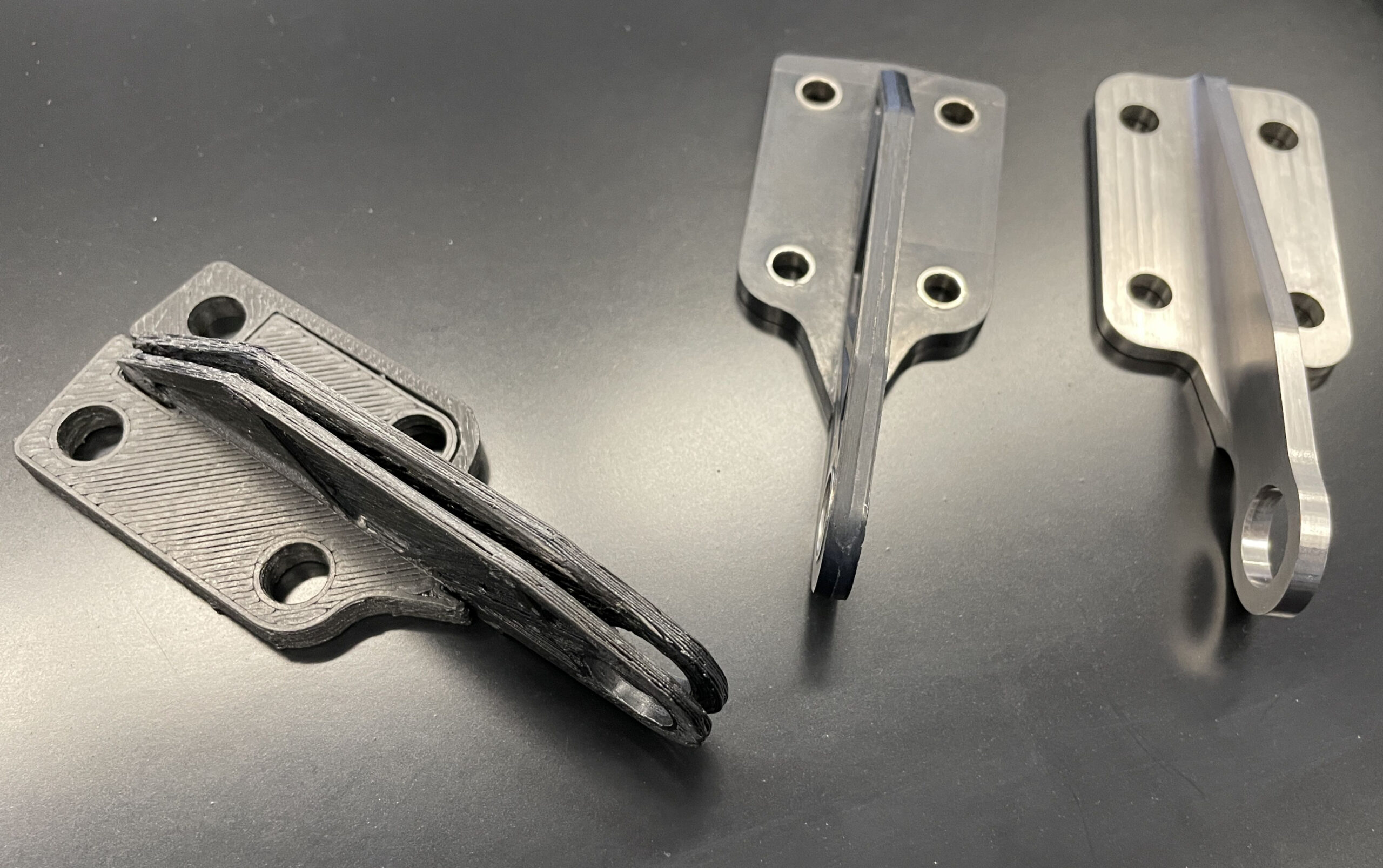For busy professionals invested in their careers, finding a healthy balance between work and personal life can prove challenging. The demands of an ambitious job often encroach on family time, relationships, self-care, and leisure. Without conscious effort to set boundaries, Balancing Work can easily take over everything else. Implementing small changes and self-care strategies makes finding equilibrium – and fulfillment – in both spheres possible.
Evaluate Work-Life Integration Realistically
Before attempting to find more balance, professionals should reflect honestly on their current work-life integration. Keep a time diary for a week, recording hours devoted to job tasks versus personal activities. This quantification provides perspective on just how skewed the current state is. It also sheds light on where pockets of personal time are getting lost among Balancing Work tasks.
Set Work Boundaries and Limit Distractions
The first step toward better work-life balance is setting firm boundaries with clear limitations. These may relate to hours in the office, time spent answering emails, or weekend work. Communicate boundaries to colleagues and superiors to align understanding. For example, an auto-reply stating “Emails received after 6pm will be replied to the following business day” informs others while enforcing the boundary.
Another boundary relates to distractions that derail personal time – primarily work-related phone calls and emails. Silencing devices and designating set times to check messages contains work overflow. Parents may set family dinnertime as phone-free zones. Professionals without children can devote Sundays to pursuits like meal prep and exercise without digital distractions.
Take Regular Breaks and Vacation Time
Busy schedules crammed with back-to-back appointments leave little room for breathing and recharging. Over time, this pressure-cooker environment risks burnout. All professionals need regular breaks – both short respites during the workday and longer vacations removed from the office setting entirely.
Taking a true lunch break, away from the desk, refreshes professionals mentally, physically, and emotionally. Even a 20-minute walk outside does wonders. Disconnecting from email allows full immersion in the present. Downtime activities like reading, exercising, or listening to music counter the intensity of work demands.
Likewise, scheduling vacation time – and using it – provides an extended opportunity to refill reserves. A week away eases the weight of responsibility, providing perspective that improves outlook and performance. Professionals return renewed. If possible, plan regular vacations quarterly.
Outsource Time-Consuming Personal Tasks
Between intense work demands and personal responsibilities, professionals often sacrifice their own needs. Outsourcing mundane everyday tasks alleviates time strains so professionals invest in self-care. A laundry or meal delivery service eliminates chores. Grocery delivery means no trips to the store.
Hiring a weekly or biweekly cleaning service keeps the home presentable with minimal effort. A full-service pet care provider handles walks, playtime, and feedings. Lawn services keep the yard maintenance-free. And according to the good folk at Apello, utilizing a live answering service filters calls outside of work hours. Delegating time-consuming personal tasks creates space for relaxation and rejuvenation.
Maintain Meaningful Personal Relationships
Meaningful relationships with loved ones often bear the brunt when professionals under-prioritize their personal lives. Spouses and children yearn for presence and quality time together. Friendships may fade without dedicated nurturing. Fortunately, even small efforts to connect go a long way.
Planning regular date nights or family activities demonstrates commitment. Joining a book club or recreational sports team encourages new friendships. Contributing to a relationship involves active listening, displaying affection, and laughing together.
Conclusion
Busy professionals who actively take steps to better integrate their personal and professional dimensions find improved mental health, strengthened relationships, and increased career motivation. With realistic strategies, personalized boundaries, and support, professionals create sufficient space for both work and life to thrive.










